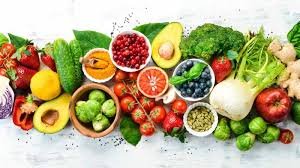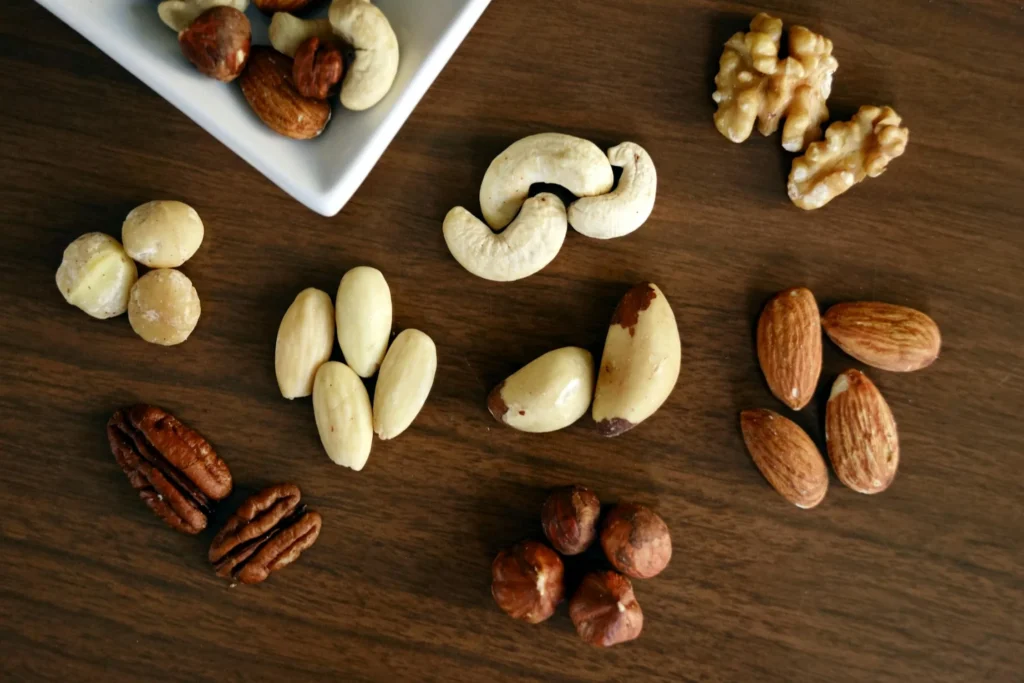Importance of Nutrition in Fitness Gym impact on our bodies. It explains how the food we consume supports our growth, strength, and overall well-being. Each day, we require various types of food to maintain our health. Food provides us with energy, vitamins, and minerals essential for our proper functioning. Good nutrition is vital for everyone. It aids in the growth of children and helps adults maintain their strength. Eating healthy foods enhances our ability to think clearly and perform well in school or at work. A balanced diet can play a crucial role in preventing heart disease, diabetes, and certain types of cancer. When we nourish ourselves properly, we feel happier, more energetic, and ready to tackle the day.
Importance of Nutrition in Fitness Gym: There are five primary food groups
1. Fruits and Vegetables 2. Proteins 3. Carbohydrates 4. Dairy 5. Fats Let’s explore each group in more detail. Fruits and vegetables are rich in vitamins, minerals, and fiber, which are crucial for maintaining our health. Consuming a variety of colorful fruits and vegetables provides us with essential nutrients. Oranges and strawberries are great sources of Vitamin C, which helps boost skin health and strengthen the immune system. Leafy greens such as spinach and kale are packed with iron and calcium. Aim to include at least five servings of fruits and vegetables in your daily diet. They can be fresh, frozen, or dried, and it’s important to enjoy a range of colors, as each color offers different nutrients. Proteins play a key role in building and repairing our muscles. They are essential for growth and energy. Excellent sources of protein include meat, fish, eggs, beans, and nuts. Dairy products like milk and cheese also contain protein. Adding protein to your meals gives your body the vital nutrients it needs. These nutrients help keep you strong and support growth. A healthy diet should focus on lean protein sources, such as chicken, fish, or beans, rather than fatty meats.


Carbohydrates
Importance of nutrition in fitness gym are varies of the nutritional proteins like carbohydrates . Carbohydrates are essential for providing the energy we need to remain active. They come in two varieties: simple and complex, both essential for energy and fitness nutrition. While they offer a quick burst of energy, that energy doesn’t last long. In contrast, complex carbohydrates are found in whole grains, vegetables, and beans. These types of carbohydrates deliver a more sustained energy release and are generally healthier for our bodies. Examples of complex carbohydrates include brown rice, oatmeal, and whole-wheat bread. Dairy products are an excellent source of calcium and Vitamin D, both of which are crucial for maintaining strong bones and teeth. Foods like milk, cheese, and yogurt are rich in dairy and also provide protein. For those who are lactose intolerant, non-dairy alternatives can be a good option. Soy milk, almond milk, and oat milk can offer similar nutrients to traditional dairy products. It’s important to ensure you still obtain enough calcium from other sources, such as leafy greens or fortified foods.
Fats
Fats play a crucial role in our body, but it’s essential to select the right types. Healthy fats, such as those found in nuts, seeds, and olive oil, support heart health and provide sustained energy. On the other hand, unhealthy fats, commonly found in fried and fast foods, should be consumed sparingly. These fats can elevate the risk of heart disease and other health issues. Opt for healthier alternatives like avocados or nuts instead of unhealthy fats. How Much Should We Eat? The appropriate amount of food varies based on age, activity level, and body size. Children and teenagers need more food to fuel their growth and development. People can store additional energy from carbohydrates and proteins to boost their performance. A balanced diet for healthy adults should include all five food groups. It’s crucial to avoid overeating. Consuming too much of any one type of food can lead to weight gain and other health concerns. Incorporating a variety of foods from all five food groups is the best approach to maintaining good health. Water: The Most Important Drink Water is just as vital as food. Our bodies rely on water to stay hydrated and function effectively. We need water for digestion, nutrient transport, and waste elimination. Since our bodies are composed of about 60% water, it’s important to drink enough each day. Aim to drink at least 8 glasses of water daily. If you’re active or the weather is hot, you may need to increase your intake. Water helps keep our bodies cool and energized. Healthy Eating Habits Healthy eating encompasses not only the types of food we consume but also our eating practices. Here are some tips for maintaining healthy eating habits: Make sure to eat regular meals. Skipping meals can lead to fatigue and increased hunger. Eat slowly: Take your time while eating to help you feel full and satisfied. Snack smart: Opt for healthy snacks like fruits, nuts, or yogurt instead of chips or candy. Portion control: Be mindful of portion sizes, as overeating can contribute to weight gain.

Avoiding Junk Food
Junk food is loaded with sugar, fat, and salt. Consuming too much junk food can lead to feelings of fatigue, weight gain, and various health issues. Common examples of junk food include chips, cookies, cakes, and soda. While it’s perfectly fine to indulge in junk food occasionally, moderation is key. Aim to select healthier options most of the time and reserve junk food for special occasions. Conclusion Nutrition revolves around choosing the right foods to maintain health and well-being. A healthy body relies on a balanced diet that includes a variety of foods. Your meals should incorporate fruits, vegetables, proteins, carbohydrates, dairy, and healthy fats. Staying hydrated and practicing good eating habits also contribute to a strong body. Keep in mind that healthy eating is a lifestyle choice. By opting for nutritious foods and making wise decisions daily, you can enjoy a long, healthy, and fulfilling life.

